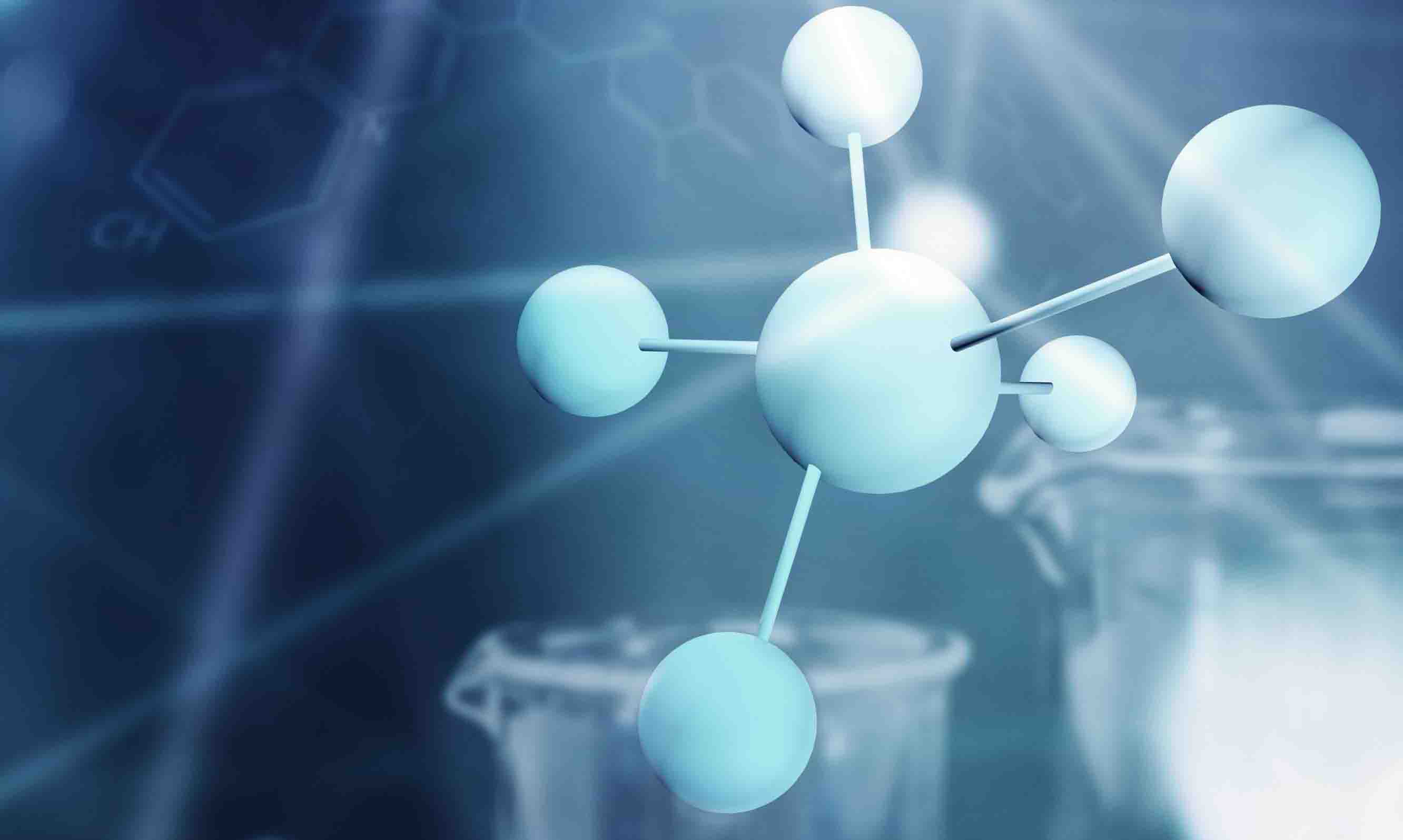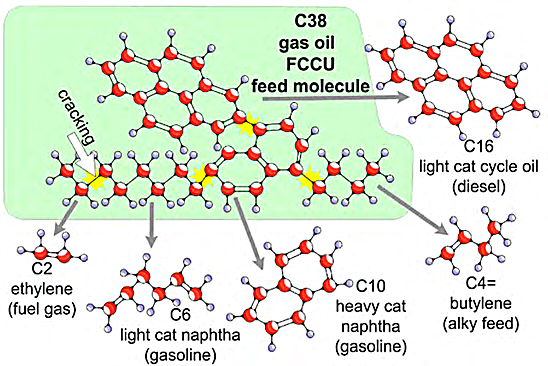Product
- Product
- Catalytic Naphtha
- Names
- FCC Naphtha; FCC Gasoline; Cat Naphtha; Cat Gasoline; Cat-Cracked Gasoline
-

- #PS206
- Main Product
- Naphtha
- Segment
- Refined Products
- Main-Family
- Refinery Liquids
- Sub-Family
- Light Distll. & Proc. Hydroc.
- Physical State
-
Liquid
Description
Your insights will be shown here
Product Communicator
| Title | Date | |
|---|---|---|

|
8/5/2024 |
Identifiers
No Identifiers defined
Chemical Data
- Molecular Weight (g/mol)
- 110
- Specific Gravity
- 0.75
Crude Data
- API Gravity
- 57.16666666666666
- Country
Product Settings
- Default
- Status
- A
Content provided by
| Transaction | Name | Date |
|---|---|---|
| Modified by |
|
8/5/2024 4:21 PM |
| Added by |
|
10/24/2021 7:44 PM |








